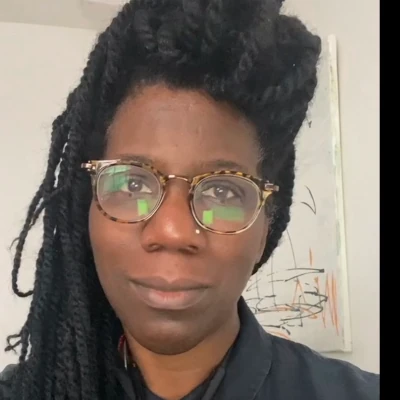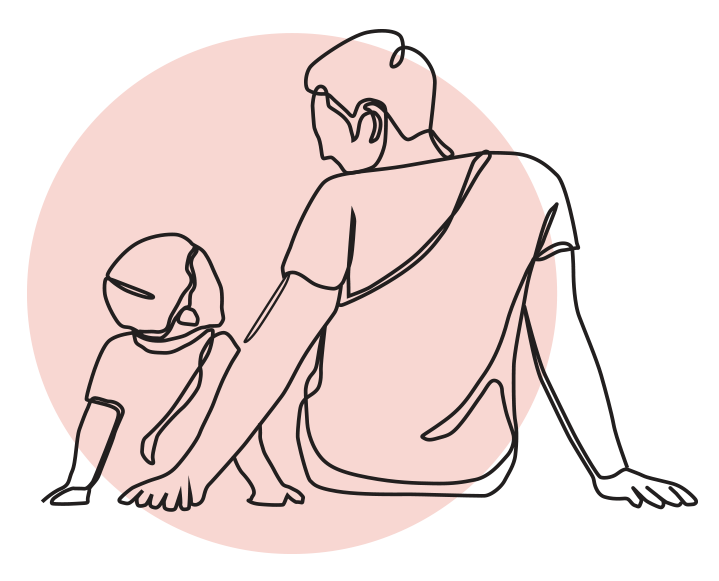Gender & Sexuality Parent Counselling
Is your child exploring their sexuality or gender identity? Are you struggling to communicate with them about the subject and uncertain about how to support them during this time? Perhaps you and your partner have different approaches.
Adolescence is a challenging time to be a parent as young people are usually forming their identities in relation to peer groups rather than the family unit but still need parental guidance and emotional support through what can be a time of high emotions and insecurities. Taking the time to reflect on your emotional response to your teenager and planning new ways to respond to their needs, can make all the difference, bringing your family together again. Our therapists can help you work out how to support the needs of your child as they navigate their way into adulthood. Learn more, about our parent counselling sessions or Book Today.
‘1 in 4 children ages 8-15 have a friend that identifies as LGBT+. 17% of the same age bracket had a family member who is LGBT+.’
YouGov, June 2021
Our Experts in Sexuality & Gender
Karen Lever
Child & Adolescent Psychotherapist
I manage therapeutic services in two London primary schools, as well as supporting trainee psychotherapists. I also work clinically with children.
Sama Hunt
Child & Adolescent Art Psychotherapist
For 18 years I have worked in adult mental health within the NHS. I have also worked with young people and their families within school settings for the past 8 years.
Tamsin Lemkow
Child & Adolescent Counsellor
I have been working as a therapist with Child in Time since 2013 in schools. I also support parents with a range of difficulties such as divorce, family breakdown, bereavement, and mental health.
‘LGBT+ school pupils are twice as likely to have been bullied and 91% have heard negative language about being LGBT+.’
Growing Up LGBT+, 2021
We live in a society with a diverse range of people including LGBT+ so preparing ourselves to have conversations with our children is an important part of equipping them for life in Modern Britain. Despite the high numbers, it can still be very hard for young people to come out as LGBT+ to their parents or at school and the consequences of not positively talking about LGBT+ lives can have a lasting negative impact on a child or young person’s mental health.
With the intense cultural debate around issues such as gender identification and discussions about the categorisation of sexual orientation, it can feel confusing for parents brought up in a different time. Our therapists can help you reflect on your own upbringing, prejudices or confusion without judgment so that you feel ready to support your children with open communication and unconditional love. Book Today.
‘LGBT+ young people are half as likely to be ‘very close’ to their family. 27% compared to 50% of non-LGBT+ young people.’
Growing Up LGBT+ Report, 2021
Additional Parent Resources
There are many exceptional resources for parents available online but it can be hard to find them if you don’t know where to look. Our team has compiled a list of recommended organisations, website and helplines for a wide range of parenting concerns. As well as support for more serious mental health issues, you’ll find our latest creations and recommendations of parenting videos, podcasts and books to add to your reading list. Learn more…
Recommendations for Parents & Young Adults
“The A-Z of Gender and Sexuality: From Ace to Ze” by Morgan Lev Edward Holleb. A dictionary guide to help dispel the anxiety around using the “wrong” words.
“What Does LGBT+ Mean?: A Guide for Young People (& Grown-Ups)” by Olly Pike. Helping young people with their LGBT+ identity.
“The Queer Mental Health Workbook: A Creative Self-Help Guide” by Dr Brendan J. Dunlop. A down-to-earth self-help workbook designed to as personal mental health resource.
Recommended Organisations
Pop’n’Olly. the UK’s leading LGBT+ educational resource for children, parents, carers and teachers. Their videos and books are being used in primary schools across the UK and beyond to help teach about equality and diversity whilst ultimately helping to combat LGBT+ prejudice before it can begin to form.
Gendered Intelligence. An organisation working towards a world where trans, non-binary and gender questioning people live healthy, safe and fulfilled lives.
Youngminds. Support for young people and their families. Making sure all young people can get the mental health support they need.
FAQs
What is Confident Parenting?
Confident Parenting enables you to feel back in control of your parenting choices. We give you options based on the reality of your family at this time, rather than advocating for one approach. All of our consultants are vetted and extremely experienced child/adolescent or family therapists so you know you are in safe hands. Our vision is of accessible, professional and empowering parent support. A space to reflect and to come away with new strategies during challenging times. We believe the right conversation at the right time can empower parents to move forwards themselves.
How much will the session cost?
Sessions cost £80 per single session (45mins) + follow up email summary.
Who are Confident Parenting sessions for?
Sessions are suited to parents and carers of all ages. In the early years especially, parents often struggle with emotional and behavioural issues that typify development at this stage including emotional regulation, sibling rivalry, eating, sleep, boundaries and peer relationships.
At primary and secondary age, parents may be seeking advice about many of the areas outlined above as well as issues often seen at this stage, including work stress and anxiety, growth mindset, confidence and body issues, gender, sexuality and identity.
Where do the sessions take place?
The Confident Parenting sessions take place online via Zoom. You will receive a link prior to the selected date and time.
Who should attend sessions?
Sessions are for parents and primary carers. Where there are two parent families we recommend that both parents attend sessions if possible. This is so that the presenting issue can be discussed from the perspectives of all carers involved. A whole-family approach can be explored and developed.
How many sessions can I have?
We recommend two sessions – a single session consultation with a follow up session. You can always book in another session when you choose. The single session/follow up model ensures you make the most of the one session but return to discuss your issue and develop your thinking after you have put new ideas into practice.
What’s involved in the pre-session questionnaire?
- What is your main concern (NB how old is your child and how long have you been concerned)?
- What have you already tried that has/hasn’t helped?
- What would you like to get out of the session?
Where do I find the pre-session questionnaire?
This questionnaire will be generated online when booking.
What should I do in advance?
Please complete the questions on the pre-session questionnaire generated online when you book.
We also recommend that you consider these additional questions in preparation for your session.
- How is the problem affecting A. your child B. you C. other people in you/your child’s life?
- What do you think we need to know about the situation in order to be able to help?
- For the therapist to be most helpful, is there anything you feel is important to know about your culture, ethnicity, religion, language, sexual orientation, gender identity/expression, mental or physical health or any other factor?
Can I record my session?
No – we do not record sessions. Your session is a space for introspection and reflection as well as a place to learn strategies and techniques to take away. It is likely that recording a session would inhibit free expression during the session and risk client confidentiality after the session.
Instead we provide a follow up email with a summary of the session and strategies to try at home, so you don’t have to take notes during the session.






